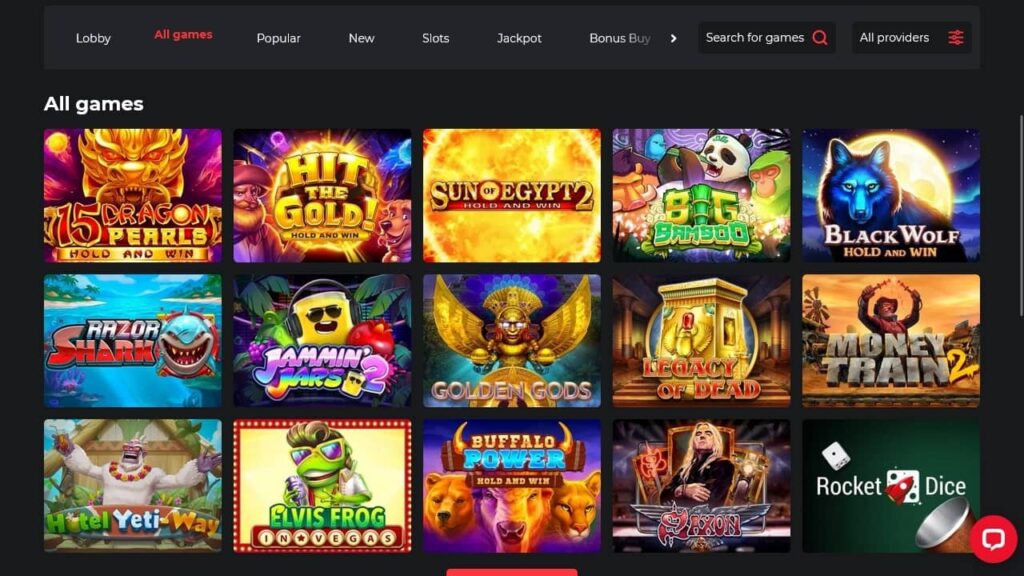The Consequences of Problem Gaming: A Guide for Families and Friends
Problem gaming, also known as compulsive or pathological gambling, is a serious issue that affects not only the individual but also their loved ones. It’s essential to understand the warning signs, consequences, and ways to support someone struggling with problem gaming.
What is Problem Gaming?
Problem gaming is a pattern of behavior characterized by an increasingly frequent and persistent urge to gamble despite negative consequences. Individuals may experience physical and psychological symptoms such as anxiety, depression, and fatigue. They may also experience financial difficulties, strained relationships, and super-ace-2.com problems at work or school.
Warning Signs of Problem Gaming
Identifying problem gaming can be challenging, but there are several warning signs to look out for:
- Spending increasing amounts of money on gaming
- Feeling anxious or irritable when unable to gamble
- Neglecting responsibilities, such as work, school, or family obligations
- Lying about the extent of their gaming activities
- Using credit cards or loans to finance gaming habits
Consequences of Problem Gaming
The consequences of problem gaming can be severe and far-reaching. Some common effects include:
- Financial problems: bankruptcy, debt, and financial instability
- Relationship issues: strained relationships with family and friends, divorce, and social isolation
- Mental health concerns: depression, anxiety, substance abuse, and suicidal thoughts
- Physical health problems: sleep disorders, weight changes, and digestive issues
- Work or school difficulties: absenteeism, poor performance, and job loss
How to Support a Loved One with Problem Gaming
If you suspect that someone in your life is struggling with problem gaming, it’s essential to approach the situation with empathy and understanding. Here are some steps you can take:
- Educate yourself : Learn about the causes, symptoms, and consequences of problem gaming.
- Express concern : Let the individual know that you’re concerned about their behavior and want to support them in getting help.
- Encourage professional help : Suggest seeking counseling or therapy from a mental health professional specializing in addiction treatment.
- Support their goals : Help them set and work towards achievable goals, such as reducing gaming time or spending limits.
- Maintain boundaries : Establish clear boundaries to protect yourself and the individual from enabling behavior.
Getting Help for Problem Gaming
If you’re struggling with problem gaming or know someone who is, there are resources available to help:
- National problem gaming hotlines: call (877) 8-HOPE-4-U (1-877-846-7348)
- Online support groups: Gamblers Anonymous (GA), the Problem Gambling Alliance (PGA), and the International Center for Responsible Gaming (ICRG)
- Local treatment centers: search online or check with your insurance provider for recommendations
Preventing Problem Gaming in Children and Teenagers
Problem gaming can affect anyone, regardless of age. To prevent problem gaming in children and teenagers:
- Set limits on gaming time and ensure a balance between gaming and other activities
- Monitor their behavior and watch for warning signs
- Encourage open communication about gaming habits and concerns
- Model responsible gaming behaviors yourself
Problem gaming is a serious issue that requires attention, understanding, and support. By educating yourself and others, you can help prevent the consequences of problem gaming and promote healthy relationships with gaming.
Conclusion
Problem gaming has far-reaching consequences for individuals and their loved ones. Recognizing the warning signs and taking steps to address the issue can lead to positive change. Supporting someone struggling with problem gaming requires empathy, understanding, and a willingness to seek professional help. By working together, we can prevent problem gaming and promote healthy relationships with gaming.
Additional Resources
- National Council on Problem Gaming:
- International Center for Responsible Gaming:
- Gamblers Anonymous:
Remember, there’s help available.



